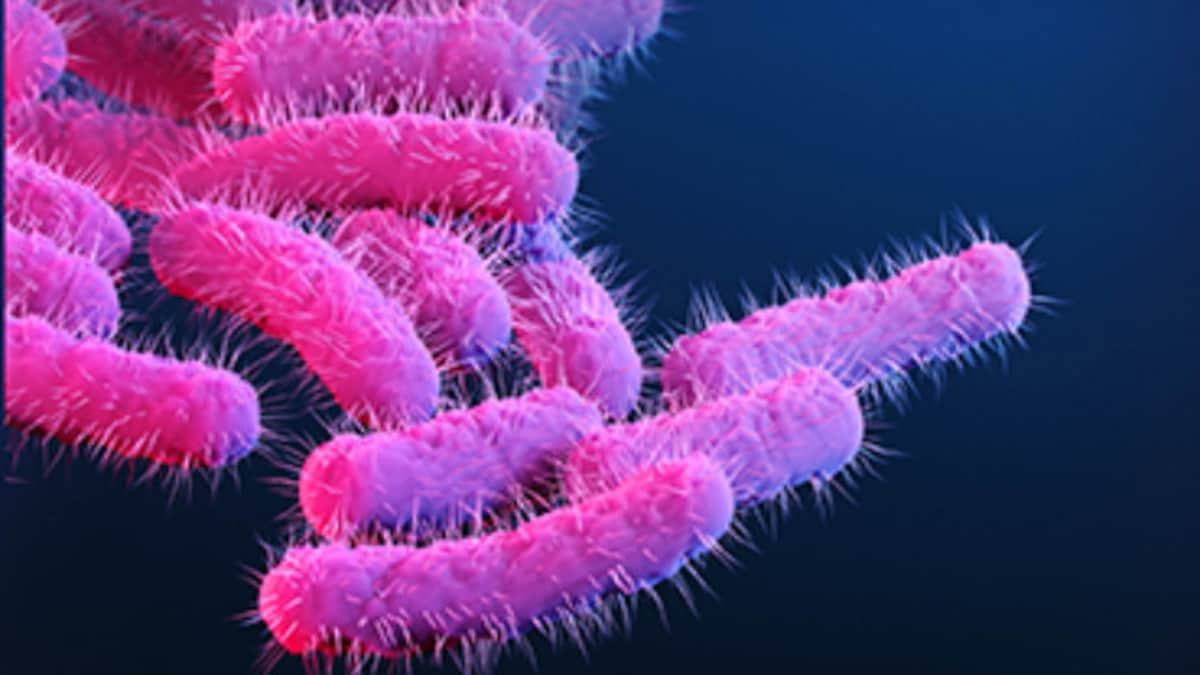Context
-
Recently, the Kerala health department has identified Shigella bacteria as the cause for the food poisoning incident in Kasaragod, which claimed the life of a 16-year-old girl and led to 30-odd others being admitted to hospital.
What is Shigella?
- It is a bacterium that belongs to the enterobacter family — a group of bacteria that reside in the intestine, not all of which cause disease in humans. It mainly affects the intestine and results in diarrhoea, sometimes bloody, stomach pain, and fever.
- The infection spreads easily as it takes only “a small number of bacteria to make someone ill.

Credit: Firstpost - It is a food- and water-borne infection, and can happen when someone consumes contaminated food.
- The disease is easily spread by direct or indirect contact with the excrement of the patient. You can get the infection if you swim or take a bath in contaminated water.
How widespread is Shigella infection?
- Shigellosis happens, but it is not a very common infection.
- Shigella outbreaks appear to be exacerbated during pregnancy and in children under five years of age, and in those with weakened immune systems.
- There are four types of Shigella bacteria that affect humans — Shigella sonnei, Shigella flexneri, Shigella boydii, and Shigella dysenteriae.
- The fourth type causes the most severe disease because of the toxin it produces.
But is it common for people to die of the infection?
- It is not. Doctors say that the infection does not generally kill, unless the patient has a weak immune system or the pathogen is resistant to the antibiotics that are prescribed.
- It is a very treatable condition; if a patient reaches hospital on time they can effectively be treated using IV antibiotics.
- The problem with Shigella is that it produces a lot of toxins that can affect all other organs.
- So, if the bacteria continue to proliferate in the body even after giving the antibiotics, it will continue to produce toxins, which can then affect the kidney, cause seizures, lead to multi-organ failure, and shock, and even turn fatal.
What precautions should you take?
- The measures to prevent the infection are the same as that of any other food- and water-borne infection.
- Wash your hands thoroughly before and after a meal. Wash your hands properly after a bowel movement.
- Products such as milk, chicken, and fish can get infected easily and must be kept at a proper temperature. They must also be properly cooked.
Reference:
Visit Abhiyan PEDIA (One of the Most Followed / Recommended) for UPSC Revisions: Click Here
IAS Abhiyan is now on Telegram: Click on the Below link to Join our Channels to stay Updated
IAS Abhiyan Official: Click Here to Join
For UPSC Mains Value Edition (Facts, Quotes, Best Practices, Case Studies): Click Here to Join
